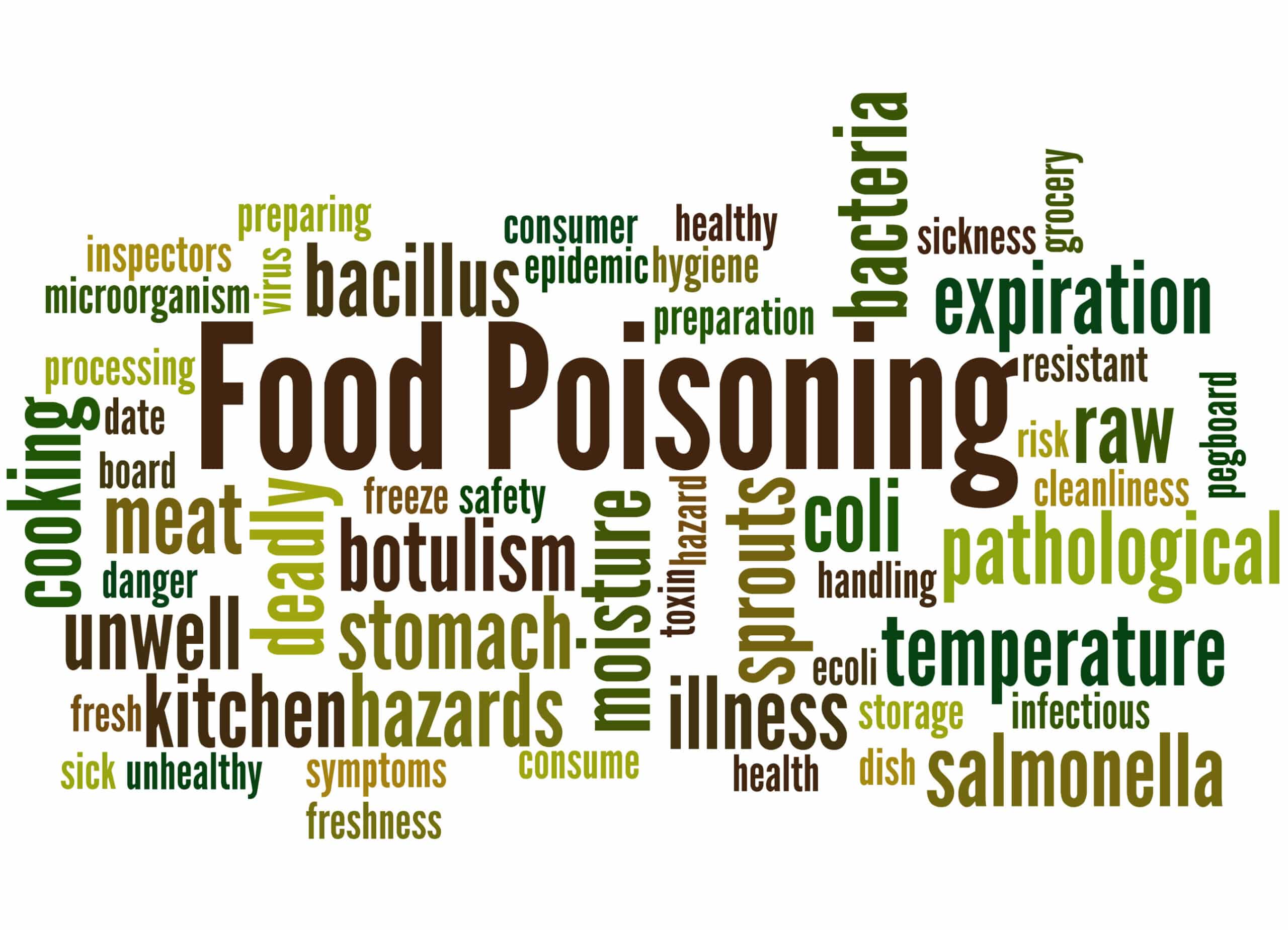Bacterial infections often go unnoticed if they are small and the body generally sorts it out without needing any help by way of treatments, as with a case of mild food poisoning. But a new discovery published in Science suggests that past history of these minor bacterial infections add up a chain of events with age that may lead up to chronic inflammation an even potentially life threatening colitis. These findings from the 8 year research may aid to reveal the origins of inflammatory bowel disease.
The long term study begun 8 years ago with a hypothesis that reflected various clues to investigate the origins of chronic inflammatory diseases such as colitis and irritable bowel disease. Researchers suggest that genetics of an individual play a limited role in the onset of common inflammatory diseases. Findings such as twins having small concordance of the pair both developing IBD, implicate unknown environmental factors in the origins of disease. It was noted that other labs had previously reported in studies that seasonal bacterial infections were linked to increased diagnosis of IBD. Using these hints as well as others the researchers hypothesized that the recurrence of low grade bacterial infections may trigger the onset of chronic inflammation.
Mice were used in the development models of mild human food poisoning by means of administering a low doses of Salmonella Typhimurium. Salmonella is a common bacterial pathogen that is widespread and a leading cause of human foodborne disease and illness. Often the result is temporary dysfunction and discomfort, with the majority of infections not reported, suggesting the numbers of infections a person experiences over a lifetime are underestimated.
Salmonella was experimented with in a dose so low that that there would not be any symptoms of significance or event of death, all of the cases were successfully eliminated by the host. It was observed that the onset of irreversible and progressive inflammatory disease was caused by the previous recurring infections. By the 4th infection, which was months apart from the 1st, inflammation had increased steadily with all of the subjects developing colitis, and the inflammation not improving even with the cessation of infection, indicating the damage had already been done and that salmonella have devised a way to disrupt a protective mechanism in the gut which prevents intestinal inflammation. The team was able to discover a pathogenic and environmental origin of chronic intestinal inflammation as a result of this study, there is an unexpected additive effect of previous infections, according to the researchers.
The disease mechanism was linked to an acquired deficiency of intestinal alkaline phosphatase, which is an enzyme that is produced in the duodenum of the small intestine. Elevated neuraminidase activity caused by the salmonella infection accelerated molecular aging and turnover of IAP resulting in a deficiency in the colon. IAP helps to removes phosphates from molecules such as LPS, which is produced by bacteria in the colon, turning proinflammatory lipopolysaccharide from toxic to nontoxic state.
Ways to boost intestinal alkaline phosphatase levels and inhibit neuraminidase activity can be found. IAP augmentation can be a easy as adding the enzyme to water. Neuraminidase inhibition can be obtained with the use of marketed antiviral drugs used in the prevention of influenza viral infections. The researchers have found that both treatments were effectively the same at preventing the onset of colitis. Their findings add to previous studies done by other researchers reporting that IBD patients displayed IAP deficiencies and high neuraminidase levels according to the researchers.




